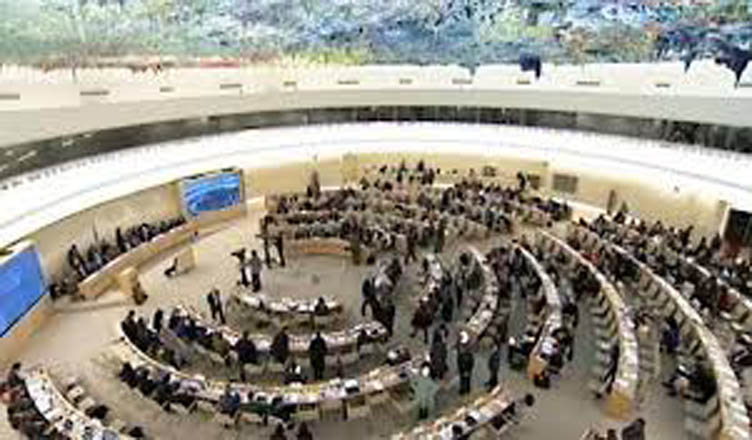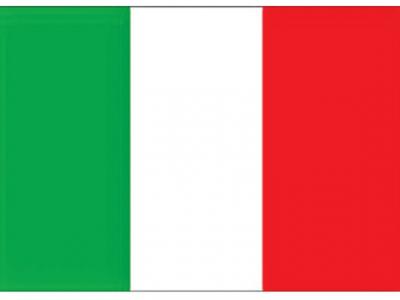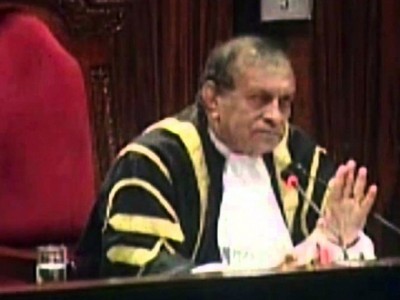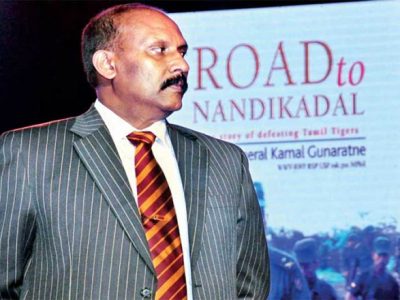(COLOMBO, LANKAPUVATH) – The United Nations Human Rights Council in Geneva Yesterday adopted a resolution on alleged human rights violations by Sri Lanka during the final days of the separatist war.
The draft resolution A/HRC/46/L.1/Rev.1, entitled “Promoting Reconciliation, Accountability and Human Rights in Sri Lanka” was adopted by the UNHRC after 22 members out of 47 voted in favor of the resolution at the ongoing 46th Session in Geneva.
Eleven members, including China and Russia, voted against the resolution while 14 countries including India and Japan abstained from voting.
Adopting the resolution the Council decided to strengthen the capacity of the Office of the High Commissioner to collect, consolidate, analyse and preserve information and evidence and to develop possible strategies for future accountability processes for gross violations of human rights or serious violations of international humanitarian law in Sri Lanka to advocate for victims and survivors, and to support relevant judicial and other proceedings, including in Member States, with competent jurisdiction.
The Core Group on Sri Lanka consisting of United Kingdom, Canada, Germany, Malawi, Montenegro, and North Macedonia tabled the draft resolution at the UN Human Rights Council (UNHRC) in Geneva.
The resolution tabled by the Core Group on Sri Lanka expressed serious concern over emerging trends over the past year, which represent clear early warning signs of a deteriorating human rights situation in Sri Lanka.
The resolution expressed further concern that the COVID-19 pandemic has impacted on freedom of religion or belief and exacerbated the prevailing marginalization and discrimination suffered by the Muslim community.
The Sri Lankan government appealed to the member states of the UNHRC to reject any country-specific resolution against Sri Lanka based on the report by the Office of the High Commissioner for Human Rights (OHCHR).
Ahead of the voting on the resolution, President Gotabaya Rajapaksa and Prime Minister Mahinda Rajapaksa made phone calls to world Muslim leaders including the Organization of Organization of Islamic Cooperation and Bahrain.
The resolution requests the Office of the High Commissioner to enhance its monitoring and reporting on the situation of human rights in Sri Lanka, including on progress in reconciliation and accountability and to present an oral update to the Human Rights Council at its 48th session as well as a written update at its 49th session and a comprehensive report that includes further options for advancing accountability, at its 51st session, both to be discussed in the context of an interactive dialogue.




